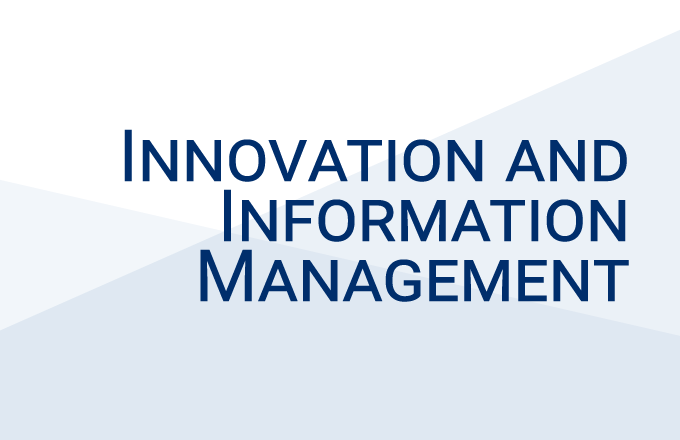Environmental regulation informed by stakeholders
Prof. Stefan Ambec
INRAE Research Professor
Toulouse School of Economics
Prof. Jessica Coria
Public consultations are widely used in regulatory processes, allowing stakeholders to present their viewpoints despite their inherent biases. Some of stakeholders, like firms, are known to be pro-business, while others, like environmental NGOs, are pro-environment. We develop a framework to analyze how a regulator should process information sent by biased stakeholders in her decision to ban or authorize a potentially harmful product. We distinguish between stakeholders whose bias are high and know, to those that small but unknown such as public agencies. We show that the regulator should follow the advice that runs counter a stakeholder’s typical bias. Without such advice, she should prioritize the advise of stakeholders with smaller but unknown bias. Next we contrast our theoretical results with the regulation of chemicals in the European Union. We find that the regulatory outcomes are significantly influenced by the opinions of firms, especially when their views run counter to their typical biases. In contrast, the input from NGOs and environmental agencies has less impact, while national authorities have a stronger influence than other stakeholders.















